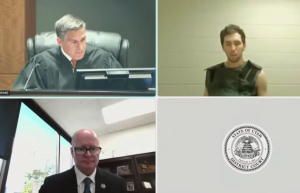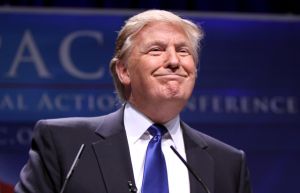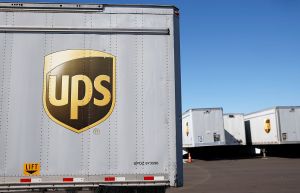Marijuana use was linked to daytime sleepiness in kids, and these findings could help explain some narcolepsy misdiagnoses.
Researchers found 10 percent of adolescents sent to a Sleep Center for evaluation of excessive daytime sleepiness who would have been diagnosed with narcolepsy tested positive for marijuana, Nationwide Children's Hospital reported.
"Our findings highlight and support the important step of obtaining a urine drug screen, in any patients older than 13 years of age, before accepting test findings consistent with narcolepsy, prior to physicians confirming this diagnosis," said Mark L. Splaingard, director of the Sleep Disorders Center at Nationwide Children's Hospital and senior-author on the study. "Urine drug screening is also important in any population studies looking at the prevalence of narcolepsy in adolescents, especially with the recent trend in marijuana decriminalization and legalization."
Narcolepsy is generally diagnosed through a clinical evaluation for excessive daytime sleepiness, followed by a standardized multiple sleep latency test (MSLT). Past studies have found a number of different medications and illicit drugs may affect MSLT results.
The 10-year retrospective study looked at 383 children and was the first to analyze the prevalence of positive drug screens in pediatric patients undergoing MSLT. The results show 43 percent of children with urine drug screens positive for marijuana also had test results that could be mistaken for narcolepsy.
"A key finding of this study is that marijuana use may be associated with excessive daytime sleepiness in some teenagers," Splaingard said. "A negative urine drug screen finding is an important part of the clinical evaluation before accepting a diagnosis of narcolepsy and starting treatment in a teenager."
The findings were published in a recent edition of the Journal of Clinical Sleep Medicine.
© 2025 HNGN, All rights reserved. Do not reproduce without permission.








